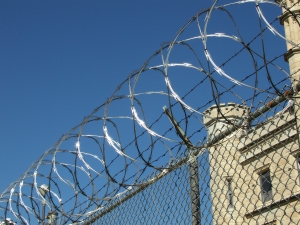Drinking and driving accidents can occur at high speeds on the interstate, intersections, parking lots, even, as in a recent case, the private driveway of the victim. In a tragic drinking and driving accident, a woman struck and killed her own father while he was trying to stop her from getting behind the wheel. According to reports, a former Laotian military officer, was struck and killed by his 37-year-old daughter who was drunk and peeled out of the driveway, striking her father. This accident sheds light on the dangers of drinking and driving and serves as a reminder that split-second bad decisions can ruin lives.

Family members of the victim said that he was a former military officer who aided the U.S. during the Vietnam War. He was attempting to stop his daughter from getting behind the wheel when she backed over him with her BMW convertible in Riverside, California. Prior to the accident, the father tried to take his daughter’s keys away. Our Boston drunk driving accident attorneys are dedicated to helping our clients recover compensation after an injury. We will investigate a drunk driving case and will provide strategic advocacy to achieve the best possible outcome for victims and their loved ones.
Continue reading
 Boston Drunk Driving Accident Lawyer Blog
Boston Drunk Driving Accident Lawyer Blog












